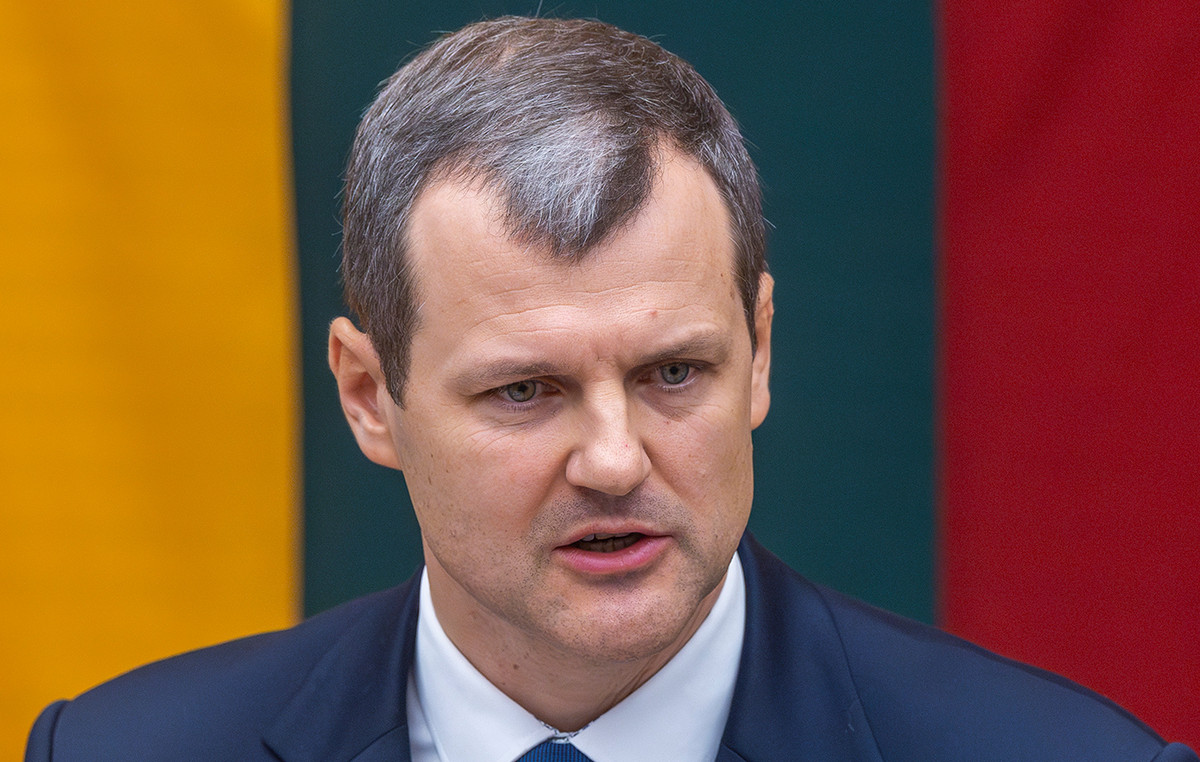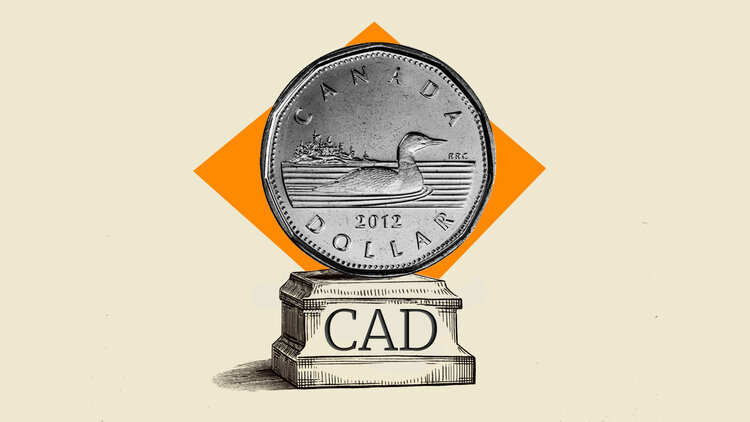On Thursday, October 26, the former head of the FTX exchange, Sam Bankman-Fried (SBF), began testifying. However, before that, Judge Lewis Kaplan gave the jury the day off – they will hear the defendant’s evidence later. Perhaps in a shortened version.
#breaking 2: Just now in US v. SBF Judge Kaplan said he will send the jury home for the day so he can hold a hearing before SBF starts testing — thread will continue with hearing but here was the turning point https://t.co/qwKgrYvfHM https://t.co/mmfZK1ug2D
— Inner City Press (@innercitypress) October 26, 2023
The judge noted that based on the results of Bankman-Fried’s testimony, he will make a decision about exactly how much of SBF’s testimony the jury should hear. The Wall Street Journal notesthat such a practice is “relatively rare.”
Lewis Kaplan also said the case was likely to conclude in the first half of next week, writes CoinDesk.
The defendant’s lawyer, Michael Cohen, took the floor first. He asked SBF what messengers FTX employees used. He listed several, especially highlighting Signal.
According to him, the choice in favor of this application was due to concerns regarding data confidentiality. SBF also stated that FTX has never experienced hacking, but that certain “third parties” have been hacked.
SBF: We were headquartered in Hong Kong. There were some, uh, security concerns while we were there. Also, former employees might have data to sell to a competitor
Cohen: Did FTX get hacked?
SBF: Never a core breach. But third parties were hacked— Inner City Press (@innercitypress) October 26, 2023
Next, the lawyer asked the accused who was involved in structuring the documentation. According to SBF, Dan Friedberg, the exchange’s former head of regulatory compliance, was responsible for this.
[SBF without jury present]Cohen: Tell me about document retention.
SBF: Our Dan Friedman worked on it, and Fenwick & West where he used to work.
Cohen: What could participants do with messages?
SBF: For informal chatter on Signal, they could be set on auto-delete— Inner City Press (@innercitypress) October 26, 2023
SBF noted that Friedberg was responsible for opening the bank account through which FTX client deposits flowed to Alameda Research. Bankman-Fried himself considered this to be completely legal.
Friedberg worked with the law firm Fenwick & West to create North Dimension, a subsidiary of Alameda Research, and open bank accounts for the organization, SBF noted.
[US v SBF without jury present]Cohen: Why did you sign for both FTX and Alameda?
SBF: I was CEO of both at that time. FTX didn’t have a bank account.
Cohen: Did you believe taking FTX deposits through Alameda was legal?
SBF: I did— Inner City Press (@innercitypress) October 26, 2023
According to the WSJ, Bankman-Fried considered it acceptable for the exchange’s top management to borrow funds from Alameda Research. The trial was organized by the legal department under Friedberg. Some of this money was used to invest in third-party projects.
Also, according to SBF, FTX’s terms of service included the ability for Alameda Research to borrow funds from the exchange.
These rules, according to Bankman-Fried, were also developed by lawyers from Fenwick & West. The ex-CEO of FTX himself became acquainted with them only “partially.”
In June 2023, SBF lawyers petitioned the court to hand over documentation and question the law firm’s employees, but were refused.
Later, already in August, information appeared that Bankman-Fried intended to build his line of defense on the accusations of Fenwick & West. As noted, SBF insisted that it acted within the rules it set.
Source: Cryptocurrency
I am an experienced journalist and writer with a career in the news industry. My focus is on covering Top News stories for World Stock Market, where I provide comprehensive analysis and commentary on markets around the world. I have expertise in writing both long-form articles and shorter pieces that deliver timely, relevant updates to readers.







